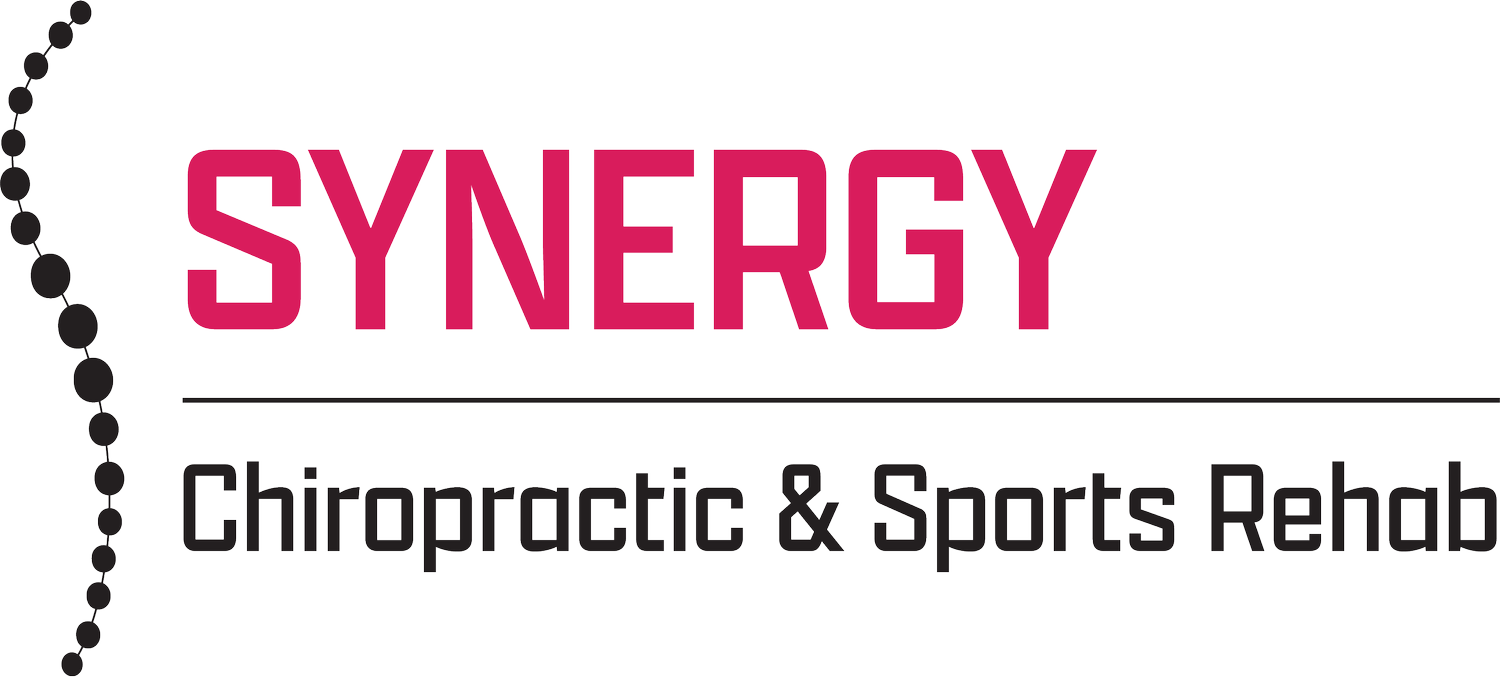Menopause and the Nervous System: Understanding the Stress-Pain Connection
Hot flashes, fatigue, irritability, and anxiety — these are just a few of the symptoms women talk about during menopause. But beneath those experiences is a deeper connection: how fluctuating hormones affect the nervous system, and in turn, how that impacts pain, mood, and recovery.
The Nervous System’s Hidden Role in Menopause
Hormones don’t just influence your reproductive system — they communicate with your brain. Estrogen, progesterone, and cortisol (your main stress hormone) are all closely linked.
When estrogen levels drop, the nervous system becomes more sensitive to stress. This means your body can interpret everyday events — traffic, lack of sleep, skipped meals — as bigger threats than they used to be. This heightened state can lead to increased muscle tension, pain amplification, and feelings of anxiety or restlessness.
Cortisol levels can also rise when estrogen falls, creating a “wired but tired” state. You may feel alert but exhausted, or notice that you don’t recover from exercise the way you used to. The nervous system, which once regulated easily, is now overworking to keep up.
How Stress and Hormones Affect Pain
When the body stays in a constant stress state, muscles tighten, blood flow decreases, and inflammation increases — all of which make pain worse. Chronic stress can also blunt your body’s natural pain-relief chemicals, making you more sensitive to discomfort.
This is why some women in perimenopause start noticing unexplained pain: headaches, neck tension, hip or back discomfort, even tingling sensations. These aren’t random. They’re signals from your nervous system asking for balance.
Movement as Nervous System Regulation
At Synergy, movement isn’t just exercise — it’s a way to communicate with the nervous system. Breathwork, controlled mobility drills, and slow, intentional strength work tell the body it’s safe again.
When you move with awareness, your brain learns that your body is capable and resilient — not broken. Over time, this lowers the stress response, reduces muscle tension, and helps regulate hormones naturally.
Our clients often tell us they feel calmer, stronger, and more “themselves” again after a few weeks of consistent movement and recovery work. It’s not just physical change — it’s neurological healing.
You Can Reset Your System
Menopause is a transition — not a loss of control. With the right education and support, you can retrain your nervous system to feel grounded and strong again.
Your hormones may be shifting, but your ability to adapt remains powerful. Movement, recovery, and mindful stress management are the bridge back to balance — and we’re here to guide you every step of the way.
